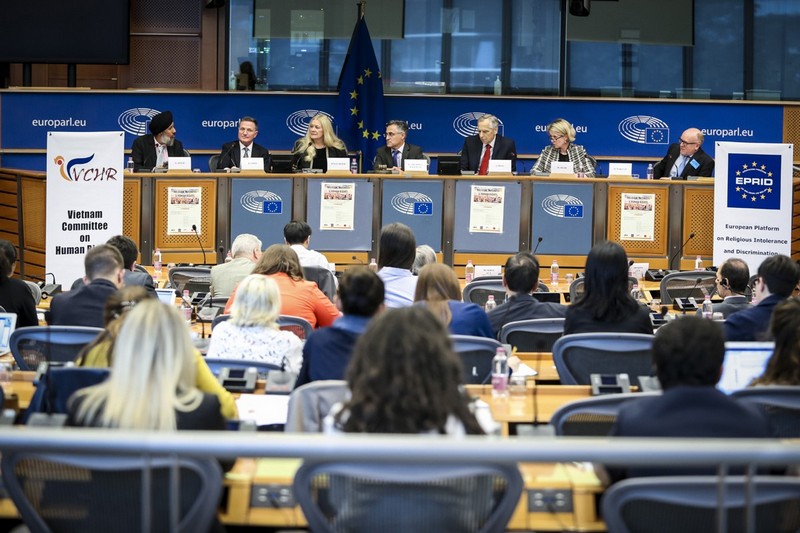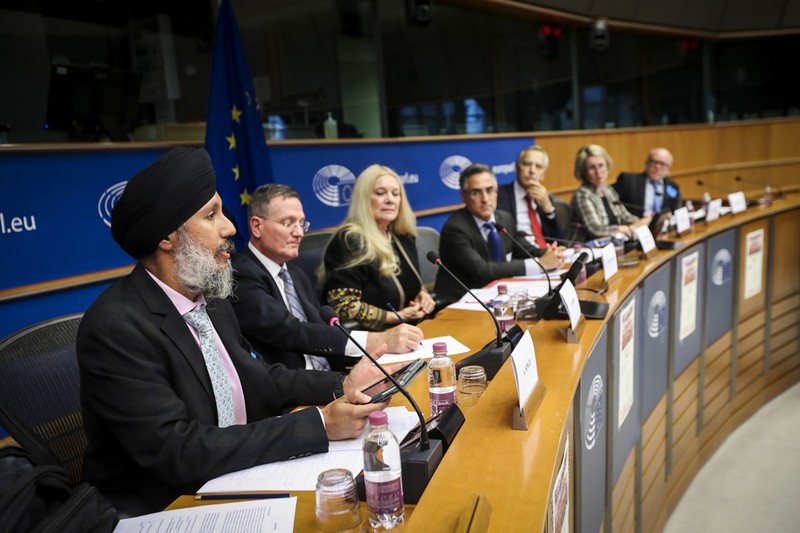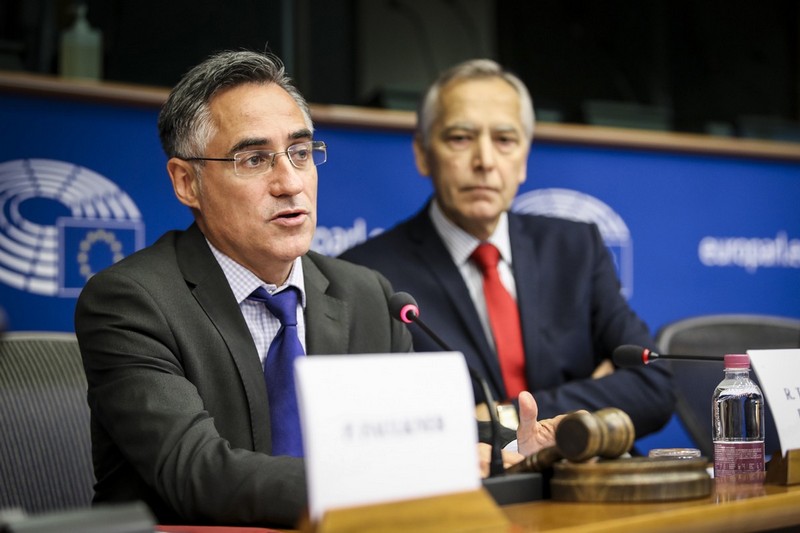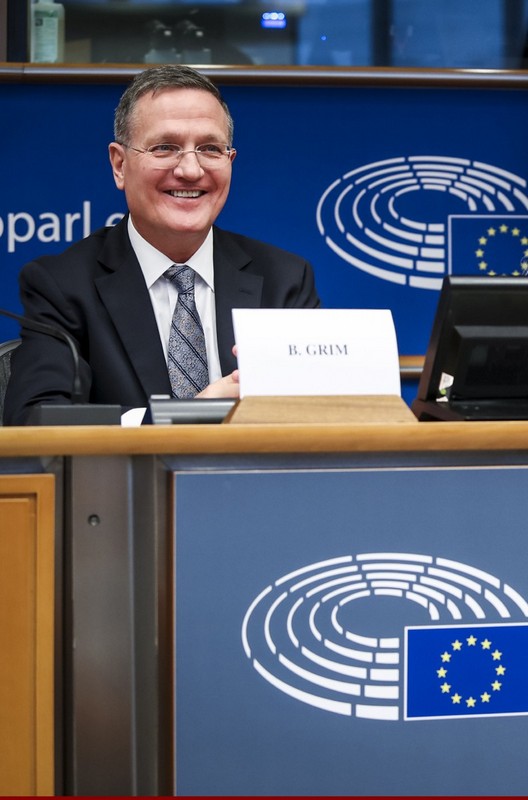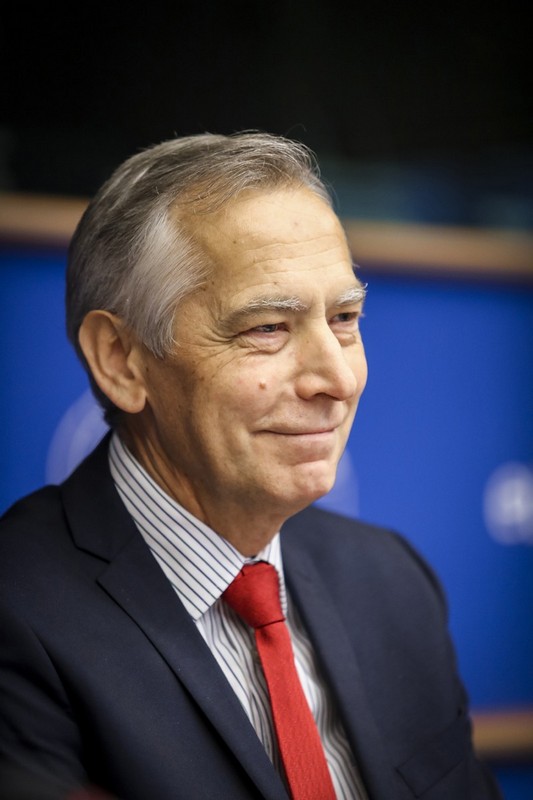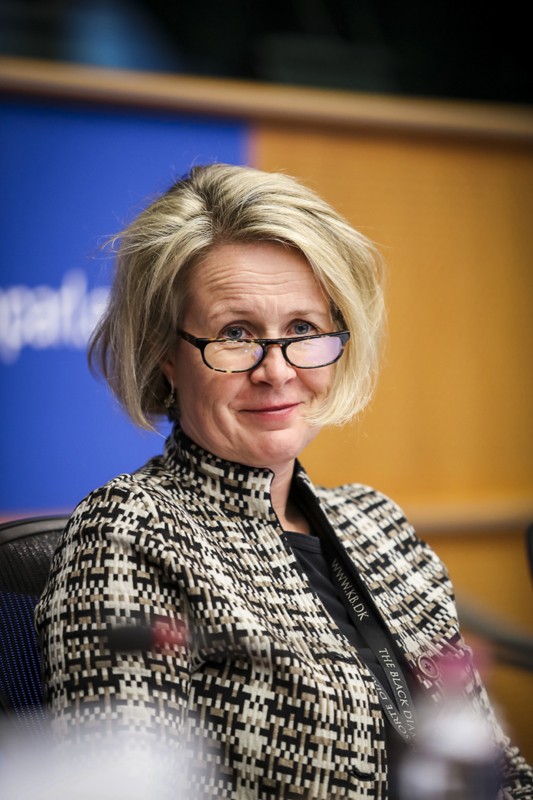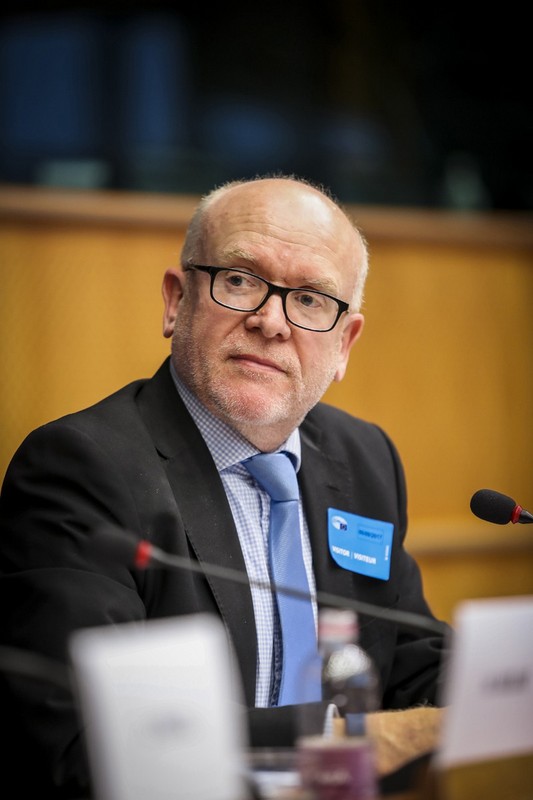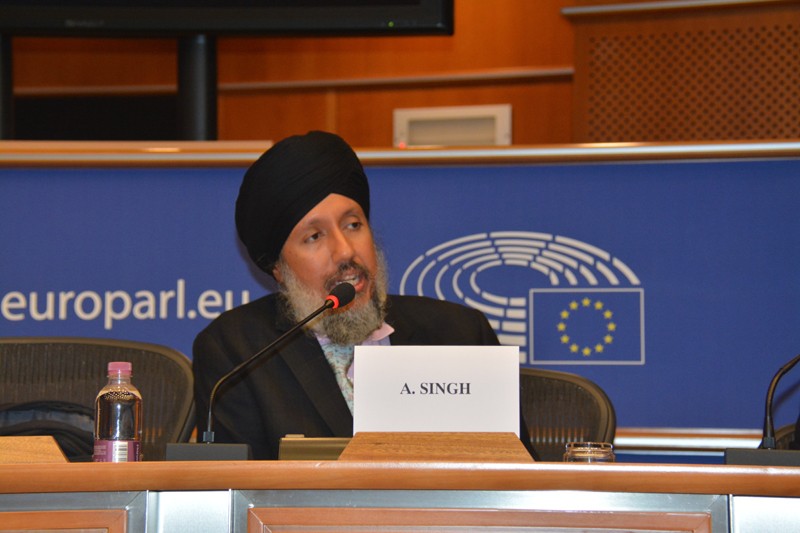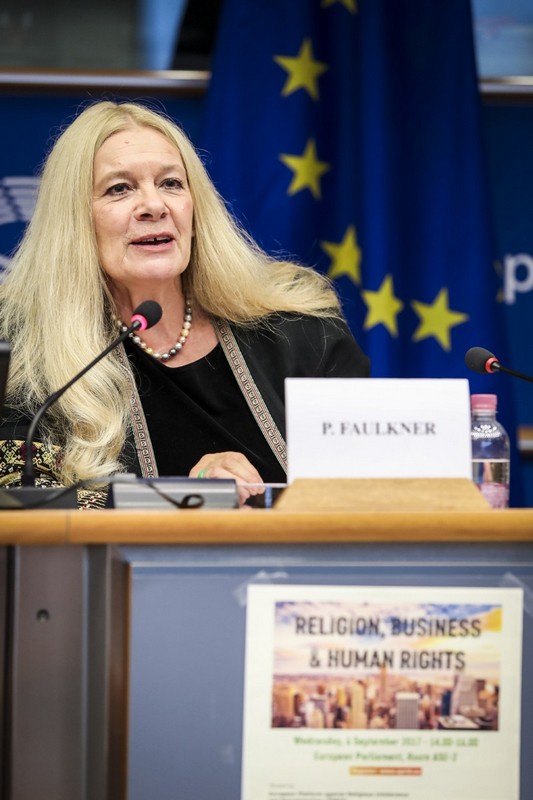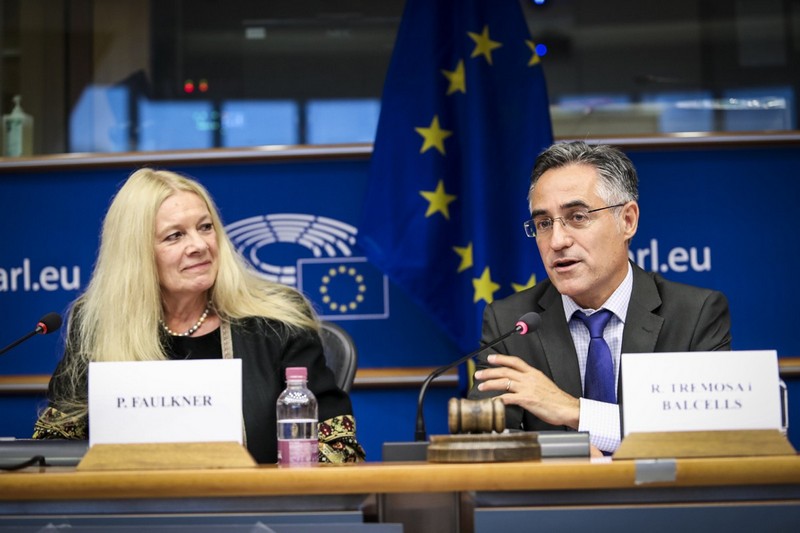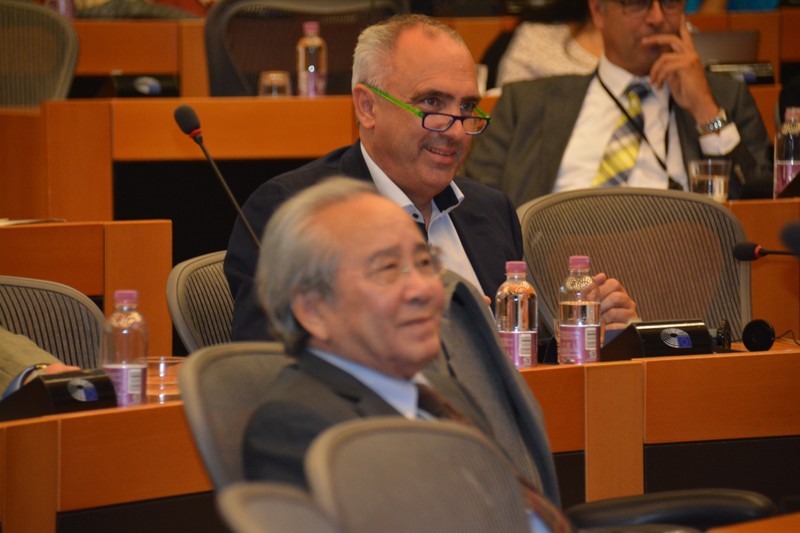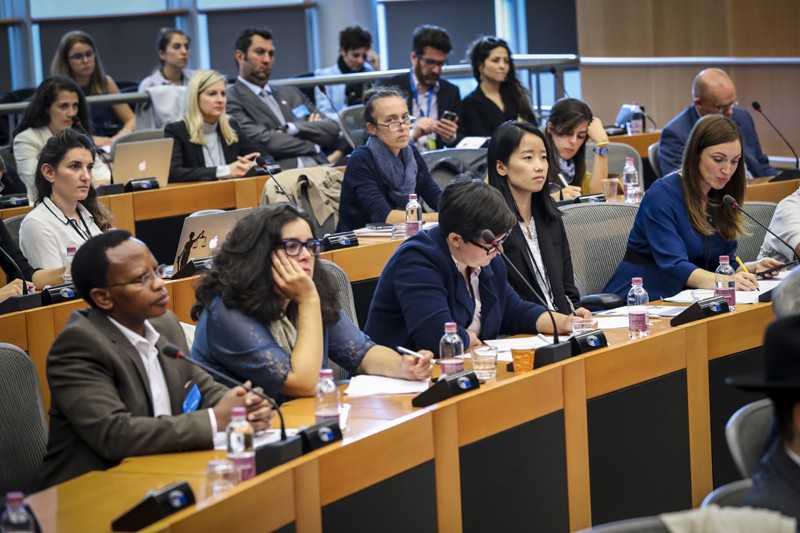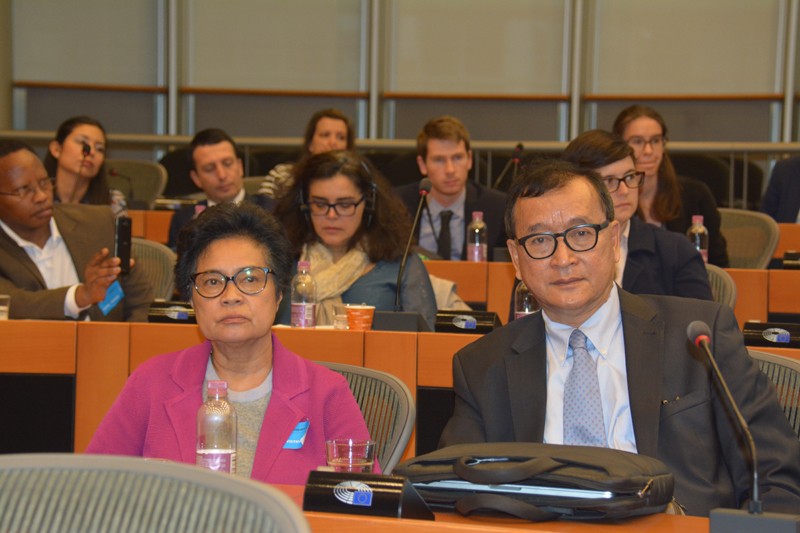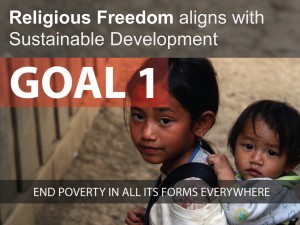 by Brian J. Grim (葛百彦教授)
by Brian J. Grim (葛百彦教授)
Excerpt from article in The Review of Faith & International Affairs.
Introduction
Freedom of religion can contribute to a rich pluralism that is itself associated with economic growth. For instance, the world’s 12 most religiously diverse countries each outpaced the world’s economic growth between 2008 and 2012, according to recent research. Indeed, the active participation of religious minorities in society often boosts economic innovation, as the history of the Industrial Revolution has shown.
In China, during the Cultural Revolution of the 1960s and 70s, religion was outlawed and many people were persecuted for their beliefs. While it is true that China continues to regulate religion more strictly than other countries, current conditions are far freer. This relative opening-up of society has resulted in the spread of religion, such that China is now home to the world’s second-largest religious population after India, according to the latest demographic estimates.
A new study in the China Economic Review finds a link between Christianity, adhered to by some 5% of China’s population, and the nation’s economic growth.
Arguably, ensuring freedom for religious groups in China and elsewhere is a way to stimulate and sustain growth in the decades ahead. It’s something every country can benefit from.
The Economic Strength of China
The latest forecasts indicate that Asia’s economic powerhouse, China, will soon overtake the United States as the world’s largest economy, and by one measure, it has already done so. The IMF (2014) already estimates China’s gross domestic product (GDP) to be $17.6 trillion compared with the $17.4 trillion for the U.S., based on Purchasing Power Parity (PPP) dollars. PPP attempts to take into account the actual cost of goods and services in each country. This means the same basket of goods can be purchased more cheaply in China, giving real purchasing power benefits. So, while China’s unadjusted GDP ($10.4 trillion) has not caught up with the U.S. ($16 trillion), these new estimates reflect enormous economic growth in China. In 1980, the U.S. unadjusted GDP ($5.8 trillion) was nearly 30 times greater than China’s ($0.2 trillion), according to the IMF.
The story of China’s economic growth is not primarily one of competition with the U.S. The story is more complex. Peston (2014) argues that “the most important number in the world, for the past 30 years and next five years, is China’s growth rate” (italics mine). Following 30 years of rapid growth at 10 percent annually, China’s growth slowed to 7 percent as the global economy went through the 2008 downturn. China’s slowdown has adverse implications for all. Living standards in the West have been shored up because China made the things people buy cheaper and cheaper. According to Peston, “We should be under no illusion that the really big thing in the world which will have an impact on our living standards is what happens in China. Nothing else really matters in comparison.”
What’s beneath China’s remarkable economic growth, which has not only given fuel to global growth but also lifted more than 500 million people out of abject poverty?
In part it is due to Deng Xiaoping opening China to market mechanisms, modern technology, and management from the West. And certainly, Chinese government policies moving the country from international isolation to integration have played a significant role. But according to Zhao (2013, 2014), an expert in Chinese business and strategic development at Siemens Corporation, these explanations are insufficient given the potential drags on the economy from government inefficiency and corruption, which President Xi Jinping is struggling to contain (Li and McElveen 2014).
China’s Religion Factor
 Zhao argues that Western learning and pro-growth government policies have set loose the real creators of China’s economic success—its people and the largely Confucian culture that makes them “ambitious, hardworking, thrifty, caring for their families, and relentlessly pursuing good education and success” (2014).
Zhao argues that Western learning and pro-growth government policies have set loose the real creators of China’s economic success—its people and the largely Confucian culture that makes them “ambitious, hardworking, thrifty, caring for their families, and relentlessly pursuing good education and success” (2014).
Moreover, it is important to get past the notion that China is an unreligious country (see Table). On the one hand, it has more religiously unaffiliated people than any other country, and it is led by a party officially committed to atheism. But on the other hand, China is now home to the world’s second largest religious population after India, according to the latest demographic estimates (Pew Research Center 2012).
Specifically, China is home to the world’s largest Buddhist population, largest folk religionist population, largest Taoist population, 7th largest Christian population, and 17th largest Muslim population (ranking between Yemen and Saudi Arabia in size) making China one of the world’s most religiously diverse nations—something which is also associated with economic growth (Grim 2014a). But the projected growth of Christianity is of particular note. A study by Purdue University’s Yang, cited recently in the Economist (2014), finds that China’s Christian population may become the world’s largest by 2030.
The growth of Christianity and the growth of China’s economy may be related, according to a new study in the China Economic Review (Wang and Lin 2014). In the study, Qunyong Wang from the Institute of Statistics and Econometrics, Nankai University, Tianjin, and Xinyu Lin from Renmin University of China, Beijing, find that Christianity boosts China’s economic growth. Specifically, they find that robust growth occurs in areas of China where Christian congregations and institutions are prevalent.
Using provincial data from 2001 to 2011 in China, Wang and Lin investigated the effect of religious beliefs on economic growth. Among the different religions analyzed, they found that Christianity has the most significant effect on economic growth.
The first among several reasons Wang and Lin site for this effect is that government-recognized Christian congregations and institutions account for 16.75 percent of all religious institutions, and such institutions are tied to economic benefit (see next paragraph). The share of Chinese institutions that are Christian is far higher than the share of the Chinese population made up of Christians affiliated with government-approved churches, which is only about 3 percent. In addition, tens of millions of Chinese belong to unregistered Protestant and Catholic Churches, and many of these also have congregational properties, clinics, and even educational institutions.
Such institutions tend to stimulate economic growth for individuals and communities. Consider, for example, a study (Cohen and Jaeger 2011) in Philadelphia led in part by Prof. Cnann (2014) of the University of Pennsylvania. They found that the 12 congregations examined contributed $52 million in annual economic value to the city of Philadelphia, for an average of $4.3 million per congregation. These benefits not only include direct spending for goods, services, and salaries, but also the safety net and networks provided to individuals, the magnet effect of attracting everything from lectures to weddings, and valuable public spaces that provide communities with centers of cultural, ethical, spiritual, and even recreational value. Such benefits likely occur in China as well, as congregational behavior is broadly similar.
Furthermore, Wang and Lin argue that Chinese Christianity’s social doctrines may also have economic impact. They suggest that Christian ethics emphasize the overall development of human beings, not just economic development. For instance, they observe that the Christian obligation to be accountable to God and their fellow believers tends to result in legal and rational investment behavior rather than illicit or wild speculation.
It may be that the impact of Christianity identified by Wang and Lin is similar to the impact of Confucianism identified by Zhao. In a public dialogue at Peking University (Beijing Forum 2010), world-renowned Confucian scholar, Prof. Tu Weimin of Harvard, and Christian theologian Jürgen Moltmann of the University of Tübingen, found commonalities between Confucianism and Christianity. For instance, Confucius’s famous quote, “Do not do to others what you don’t want to be done to you,” is almost a perfect mirror image of Jesus’s golden rule, “Do to others whatever you would have them do to you.”
Wang and Lin found some positive, though inconsistent economic effects from China’s other major faiths, including folk religion, Buddhism, Islam, and Taoism. (Confucianism was not included in their study, and is not counted as an official religion by the government.) They conclude that the implication is not for the country to favor one faith above another, but to “build a better-informed economics, and in the long run, better policy” (Wang and Lin 2014, 286).
While it is true that China continues to regulate religion more strictly than most other countries in the world, current conditions are freer and less restrictive than they were in the 1960s and 1970s. Perhaps just as China has radically deregulated its economy with successful outcomes, further deregulation of religion may be one way to help keep China’s economic miracle alive for decades to come.
References
Bates, M. Searle. 1945. Religious Liberty: An Inquiry. New York: International Missionary Council.
Beijing Forum. 2010. Inter-faith Dialogue between Jürgen Moltmann and Tu Weiming. Beijing: Peking University, November 8. Accessed December 15, 2014.
Cnaan, Ram. 2014. Religion and the Local economy: The Halo Effect. Gold Coast: G20 Interfaith Summit. Griffith University. November 17. Accessed December 15, 2014.
Cohen, Diane, and A. Robert Jaeger. 2011. Sacred Places At Risk Partners for Sacred Places: New Evidence On How Endangered Older Churches And Synagogues Serve Communities. Philadelphia, PA: Partners for Sacred Places. Accessed December 15, 2014.
Creighton, Sam. 2014. “China’s war on Christians: Biblical Statues Destroyed as Part of Widening Crackdown in Country’s ‘Jerusalem’.” Mail Online, May 1, 2014. Accessed December 15, 2015.
Economist, “Religion in China: Cracks in the Atheist Edifice,” November 1, 2014.
Grim, Brian J. 2014a. “Countries with Very High Religious Diversity—Including China—Outpace World in Economic Growth.” The Weekly Number, April 21, 2014. Accessed December 15, 2014.
Grim, Brian J. 2014b. “Corruption Higher Where Governments Restrict Religious Freedom.” The Weekly Number, May 5, 2014. Accessed December 15, 2014.
Grim, Brian J. 2014c. “World’s Most Corrupt Countries Also Highly Restrict Religious Freedom.” The Weekly Number, December 8. Internet last accessed December 15, 2014.
Grim, Brian J. 2014d. “Four Ways Businesses can Help Build Peace.” World Economic Forum, Blog. Accessed December 15, 2014.
Grim, Brian J., Gregory Clark, and Robert Snyder. 2014. “Is Religious Freedom Good for Business?: A Conceptual and Empirical Analysis.” Interdisciplinary Journal of Research on Religion, 10, Article 4, Internet last accessed December 15, 2014.
Grim, Brian J., and Roger Finke. 2011. The Price of Freedom Denied: Religious Persecution & Conflict in the 21st Century. New York: Cambridge University Press.
IMF (International Monetary Fund). 2014. “World Economic Outlook Database.”
Institute for Economics & Peace. 2014. Five Questions Answered on the Link Between Peace & Religion.” Accessed December 15, 2014.
Johnson, Todd M., and Brian J. Grim. 2013. World’s Religions in Figures. Oxford: Wiley Blackwell.
Li, Cheng, and Ryan McElveen. 2014. Debunking Misconceptions About Xi Jinping’s Anti-Corruption Campaign. Washington, DC: Brookings. Accessed December 15, 2014.
Markkula Center for Applied Ethics. 2011. Religious Perspectives on Business Ethics and the Economy. Santa Clara, CA: Santa Clara University. Accessed December 15, 2014.
Patton, Mike. 2014. “Government Corruption and Economic Growth: The 21 Least Corrupt Nations.” Forbes. Accessed December 15, 2014.
Peston, Robert. 2014. “Why China matters,” in “Is China’s economy really the largest in the world?” by Ben Carter, December 15, BBC News. Accessed December 15, 2014.
Pew Research Center. 2012. “The Global Religious Landscape.” Accessed December 15, 2014.
Pew Research Center. 2014a. “Global Restrictions on Religion.” Accessed December 15, 2014.
Pew Research Center. 2014b. “Global Religious Diversity Half of the Most Religiously Diverse Countries are in Asia-Pacific Region.” April 4, 2014. Accessed December 15, 2014.
Pew Research Center. 2014c. “2012 Government Restrictions on Religion Index.” Accessed December 15, 2014.
Transparency International. 2014. “2014 Corruption Perceptions Index.” Accessed December 15, 2014.
Wang, Qunyong, and Xinyu Lin. 2014. “Does Religious Beliefs Affect Economic Growth? Evidence from Provincial-level Panel Data in China.” China Economic Review 31: 277–287.
Yang, C. K. 1961. Religion in Chinese Society. Prospect Heights, IL: Waveland Press.
Yang, Fenggang. 2006. “The Red, Black, and Gray Markets of Religion in China.”
Yang, Mayfair. 2008. “China’s Religious Landscape.” Council on Foreign Relations, June 11.
Zhao, YuKong. 2013. The Chinese Secrets for Success. New York: Morgan James.
Zhao, YuKong. 2014. “What Drives China’s Success?” Forbes. Accessed December 15, 2014.
 A Sep 22, 2017 article by By Dana Wilkie published in the Society for Human Resource Management looks at this very issue. She asks “Can Religious Gatherings at Work Cross the Line?”
A Sep 22, 2017 article by By Dana Wilkie published in the Society for Human Resource Management looks at this very issue. She asks “Can Religious Gatherings at Work Cross the Line?” “The issue came up this week during a Society for Human Resource Management SHRM Connect online discussion.”
“The issue came up this week during a Society for Human Resource Management SHRM Connect online discussion.”

